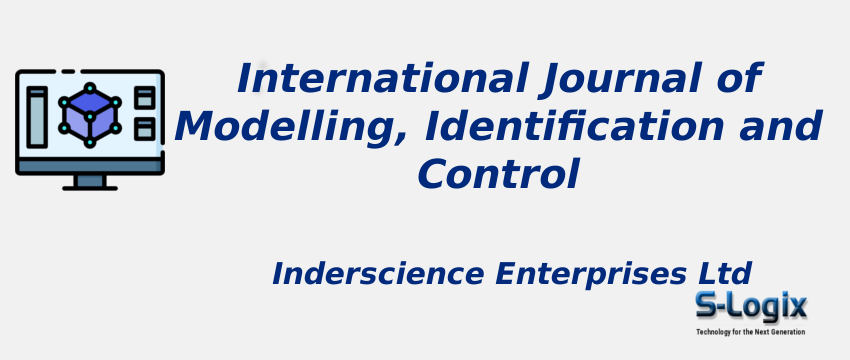Most research and experiments in the fields of science, engineering and social studies have spent significant efforts to find rules from various complicated phenomena by observations, recorded data, logic derivations and so on. The rules are normally summarised as concise and quantitative expressions or models. Identification provides mechanisms to establish the models and control provides mechanisms to improve the systems (represented by its model) performance. IJMIC has been set up to reflect the relevant generic studies in this area.
Journal Home: Journal Homepage
Editor-in-Chief: Prof. Quan Min Zhu
scope: Dynamic modelling theories/techniques/computational algorithms Application examples of the above Novel and unconventional linear system modelling techniques System identification, particularly nonlinear system identification Model validation Various control techniques Nonlinear system control Robotics
Print ISSN: 1746-6172
Electronic ISSN: 1746-6180
Abstracting and Indexing: Scopus
Imapct Factor :
Subject Area and Category: Computer Science Applications,Mathematics,Applied Mathematics,Modeling and Simulation
Publication Frequency:
H Index: 30
Q1:
Q2:
Q3: Modeling and Simulation
Q4:
Cite Score: 2.9
SNIP: 0.282
Journal Rank(SJR): 0.314
Guidelines for Authors: International Journal of Modelling, Identification and Control Author Guidelines
Publisher: Inderscience Enterprises Ltd
Country: United Kingdom
